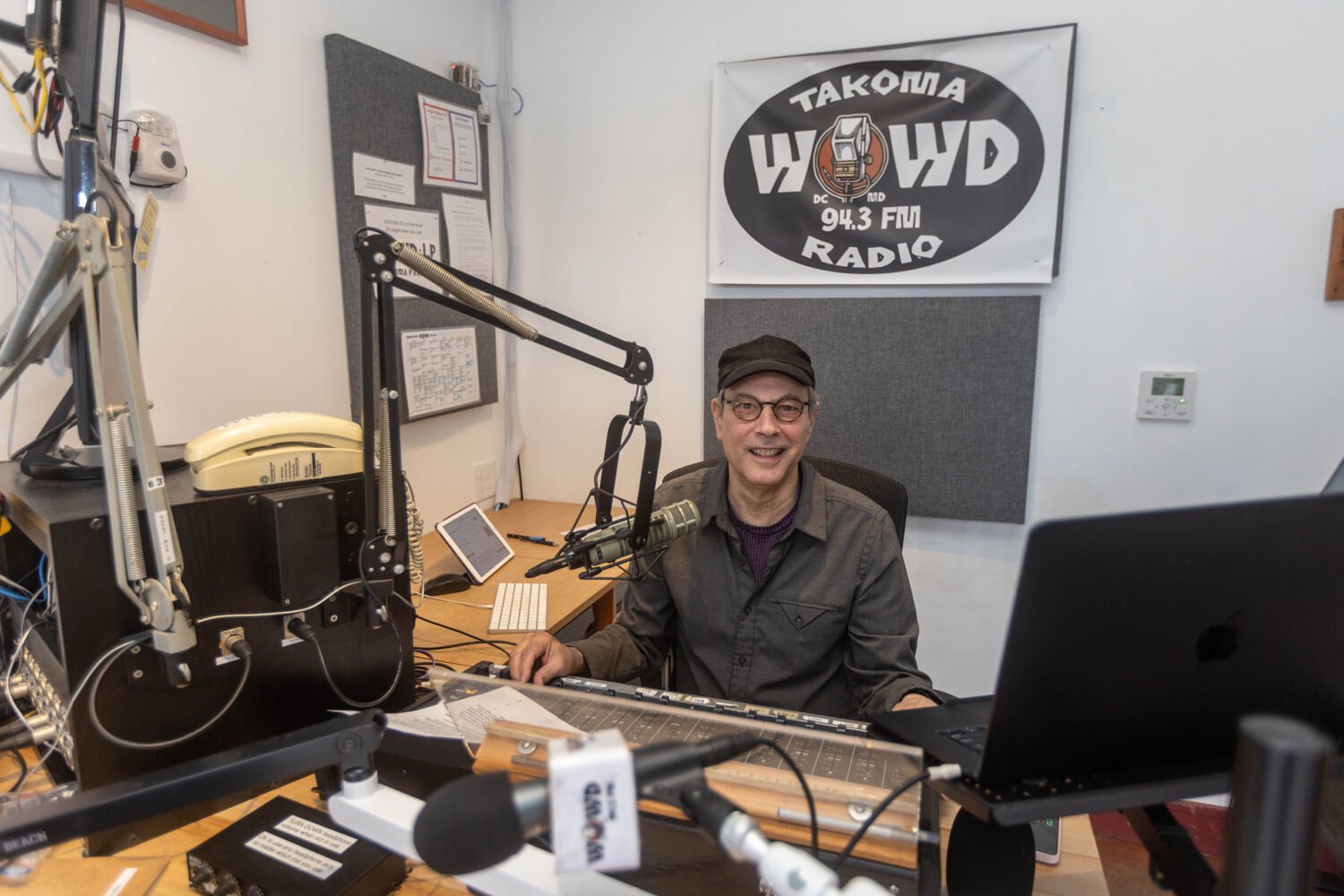An important notice resides at the bottom of NPR’s breaking news story about Sunday’s mass shooting in Orlando:
This is a developing story. Some things that get reported by the media will later turn out to be wrong. We will focus on reports from police officials and other authorities, credible news outlets and reporters who are at the scene. We will update as the situation develops.
Bolded text, not in the original, indicates an entirely sensible yet uncommon admission from media organizations that cover news as it happens. Many in the news business would still rather report with a voice of authority than admit they’re often trying to construct a picture of what happened from scattered and speedy reports with various degrees of truth.
Mark Memmott helped establish NPR’s breaking news blog, “The Two-Way,” and was later named standards editor for the whole organization. Via email, he tells Washingtonian the caveats are nothing new: “We been putting similar reminders into breaking news posts from the start,” Memmott writes. “On the air, hosts such as Steve Inskeep have been reminding listeners that events are fluid for many years. It may be that in recent years we’ve been more diligent about doing it, but it’s not that new.”
NPR knows all too well how breaking news can go wrong. In 2011 it erroneously reported that US Representative Gabrielle Giffords had died following a shooting in Tucson, Arizona. Memmott was staffing the Two-Way that day, and his initial post on the incident indeed includes a disclaimer: “As happens when a story is just breaking, there are conflicting reports at this moment about what has happened.”
Media organizations screw up whenever they cover fluid situations. For example: While covering the mass shooting at Sandy Hook Elementary School in Newtown, Connecticut, in 2012, news companies reported the wrong first name of the shooter, said he was buzzed in, said his mother worked at the school, and misidentified his weapon, among other mistakes.
“I’m embarrassed to say it just seems like the sensible thing to do,” Memmott says of the warning label. He says he’s “pretty sure” similar language ran on USA Today’s old On Deadline blog, which he also helped launch. “When I came to NPR in early 2009, the approach was just sort of baked-in.”
NPR’s ethics handbook urges reporters in a breaking situation to “remember that everything you say or do in a social media environment is effectively a public statement from an NPR journalist, so don’t pass along inaccurate information.” That said, a lot of times even information from officials on the scene turns out to be wrong. (It’s one of the reasons journalists should never quote what they hear on a police scanner.)
NPR “may sometimes forget to include the language, or sometimes don’t get it in there until an hour or two after things have started,” Memmott says. “But we try to include. We just think it’s important and helps readers/listeners understand what we’re doing.”



















